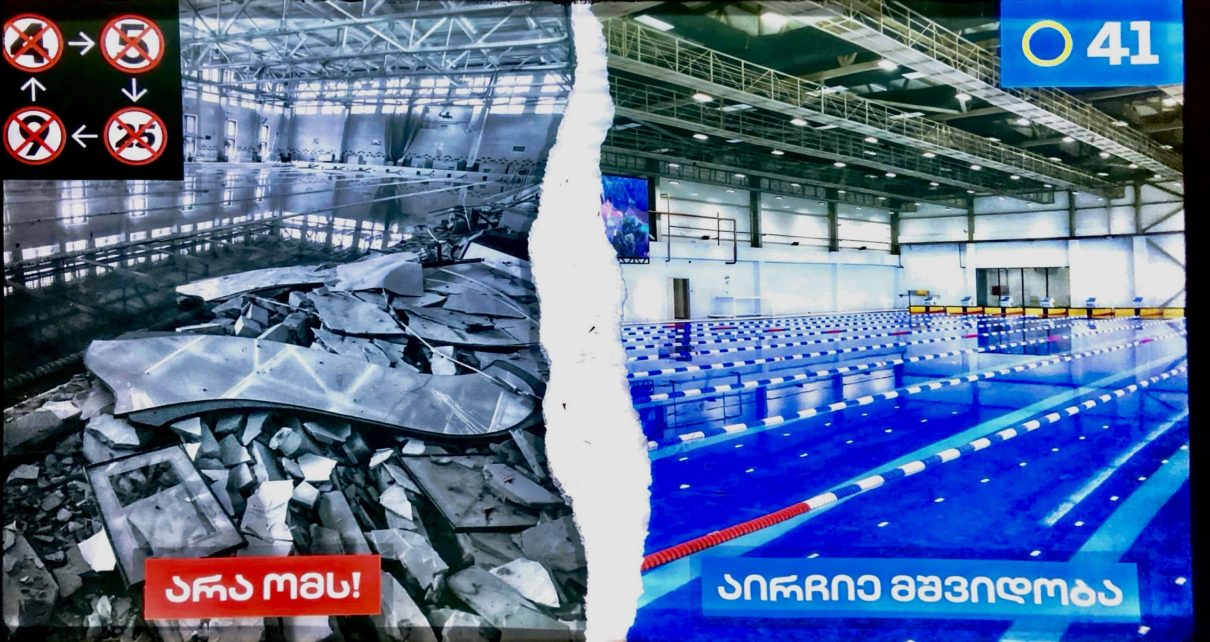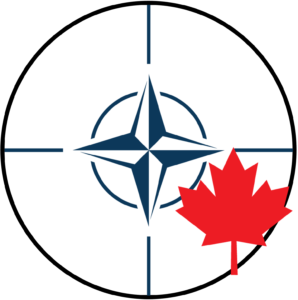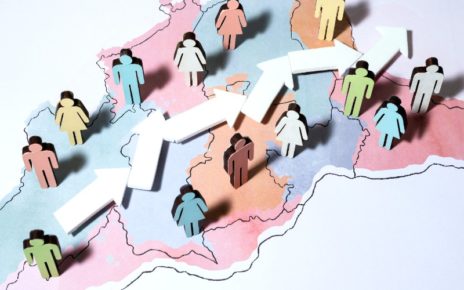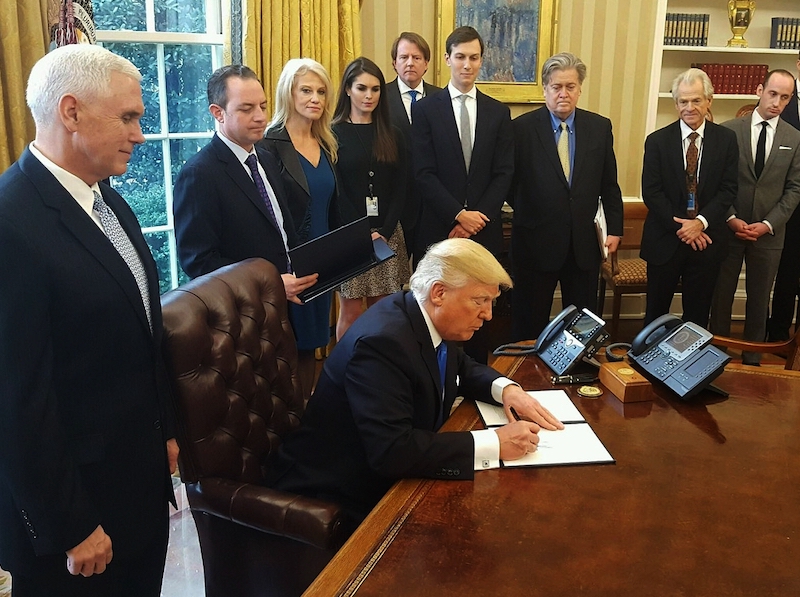This article was originally published as an intern contribution at the Georgian Foundation for Strategic and International Studies.
Fear of war has long shaped Georgian domestic politics.
Conflict between Tbilisi and Russian-backed separatists in the regions of Abkhazia and Tskhinvali (South Ossetia) left the country fragmented following the collapse of the Soviet Union. 2008 saw tensions flare once again, leaving twenty percent of Georgia’s sovereign territory occupied by Russian forces.
Watching from across the Black Sea as Russia invaded Ukraine in 2022, fear of reinvasion became a throughline in Georgian political discourse. In the months leading up to the October 26th parliamentary election, ruling party Georgian Dream has promised that Russian aggression can only be contained if they remain in power. Campaign banners loom across the country, contrasting pictures of war-torn Ukrainian cities with ones of life under Georgian Dream. Under each picture lies a simple slogan — “no to war, choose peace!” This is the weaponization of Georgia’s post-Soviet historical trauma to manipulate voters, directly inviting Russian influence in the South Caucasus to expand.
Enemies of the state.
Oligarch and founder of Georgian Dream, Bidzina Ivanishvili, was elected Prime Minister of Georgia in 2012. He remains central in shaping the narratives that drive Georgian Dream’s consolidation of power, becoming honorary chairman after leaving office. In a speech to supporters on April 29th, 2024, he outlined the enemies seeking to open a second front in the Russo-Ukrainian War in Georgia. First was Mikheil Saakashvili, post-Rose Revolution Prime Minister of Georgia. Ivanishvili alleged him to have been installed by foreign-led NGOs and Western elites. From this, he claimed Saakashvili to have been the start of on-going foreign interference driven by the “Global War Party.” The “Global War Party” has since become a mainstay of Georgian Dream campaign rhetoric, expanding to encompass legitimate domestic opposition and their democratic foreign allies.
The “Global War Party” narrative is fully aligned with the Kremlin. In blaming the West for the devolution of relations with Moscow, it bypasses Russian responsibility for the factors causing Georgia’s potential “Ukrainization.”
Maidan in Tbilisi.
Does this mean that Russia is behind the Georgian Dream Party’s campaign? During the current electoral campaign, direct Russian involvement has been limited. Russia’s Foreign Intelligence Service (SVR) issued statements accusing the United States and other Western allies of intending to stage a colour revolution if
Georgian Dream is reelected. As with the “Global War Party” narrative, the Kremlin only needed to give an initial push for Georgian Dream to begin organically spreading their narrative for regional geopolitics.
Future implications.
Georgian Dream’s campaign rhetoric is converging dangerously with that of other illiberal political parties around the world. Pro-Russian parties in countries like Georgia and Moldova are motivated to align with the Kremlin due to the uneasy regional security guarantee it provides. Parties in other European countries like Hungary have begun to align themselves with civilizational narratives based on Russian values instead of those of the democratic West. Russian disinformation plays a central role in making their alternative geopolitical worldviews possible. Consequently, the results of the Georgian parliamentary elections will play a decisive role in demonstrating if Russia is winning the information war against the West.
Photo: A Georgia Dream propaganda poster juxtaposing futures of war and peace. Author’s own work, 2024.
Disclaimer: Any views or opinions expressed in articles are solely those of the authors and do not necessarily represent the views of the NATO Association of Canada.





